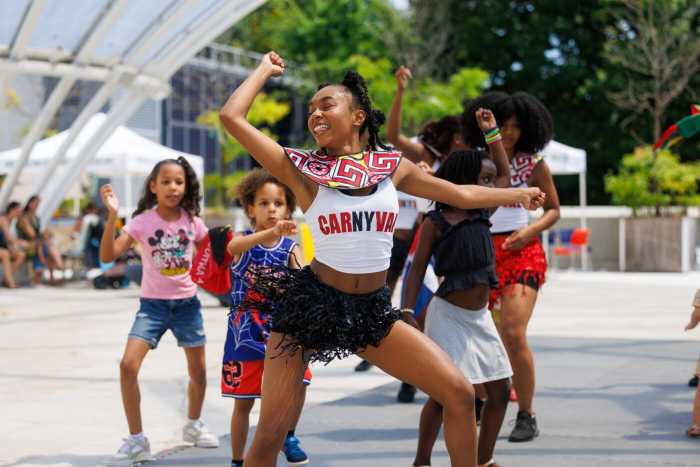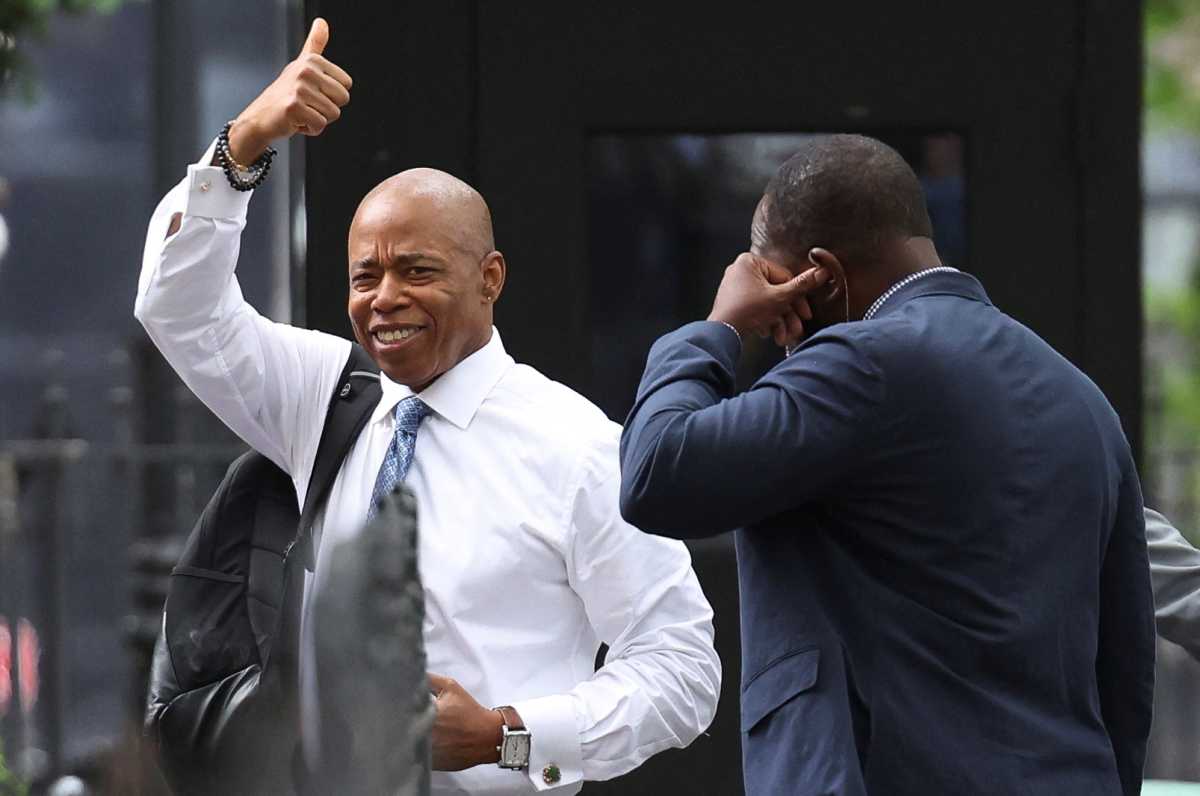A government-appointed commission probing the July 1990 attempted coup in Trinidad has been told that more than 100 Black Muslims had stormed state buildings including a live session in parliament, shooting and brutalizing legislators and occupying the state radio and television stations for more than a week, took such extreme action because they had wanted to rescue the nation from an oppressive government.
Jamaal Shabazz, who was one of the leaders of the failed coup and is now a respected international soccer coach, gave the distinct impression while testifying in the past week that his views on how members of the public should react should authorities oppress them have not necessarily mellowed over the years as he pointed to armed and other conflicts against governments in the Middle East and North Africa, suggesting these uprising are justified.
On the afternoon of July 27, 1990, heavily armed members of the hard line Jamaat al Muslimeem, some of them barely teenagers, stormed the Trinidad parliament, state media houses and other buildings at the start of a week of turmoil in the twin island with Tobago. The attempt came exactly 20 years after mutinous soldiers had also threatened the state.
The resulting mayhem left more than two dozen people dead, a significant portion of downtown Port of Spain was destroyed by fire, stores were looted and life in the oil and gas-rich republic was completely paralyzed for more than a week as both sides negotiated a peaceful surrender.
“I am not dropping out of the Muslimeen. Once I am in the Muslimeen and I have a voice, I will always speak to conciliation. But I would say that anytime a government oppresses the people, anytime a government is bringing about open oppression and violence against the people, I would stand with the people against such a government.”
Pressed by attorneys, Shabazz then turned his focus to the international scene to the Middle East and North Africa, pointing to popular revolt against monarchies, dictatorships and bad policies.
“I would say by whatever means become necessary to free its people and defend the rights of the people as we see in Egypt, Libya and all over the world. I did not subscribe to guns and weaponry. At the same time, I feel I will be betraying the country if I say here that I will never again stand up for justice and people rights and freedom. I am not into coups but we never know.”
The two previous administrations had shied away from holding official inquiries into events of 1990 but the current effort had gone rather smoothly and has been instructive to the nation as to the chronology of events that led up to the coup.
Prime Minister Robinson was shot in the leg and brutalized by heavily armed insurgents as he was held hostage. The probe is continuing.
























